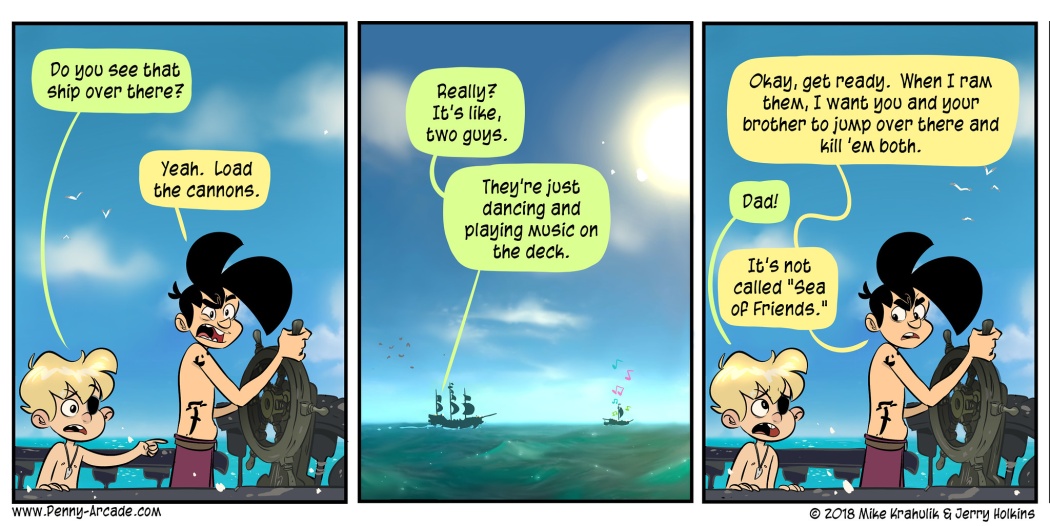I tend to think of games in terms of lineage. It's a two tier system where the games themselves have something like progeny, but the designers also exist in a kind of parallel continuum. There's people where I'm simply going to buy any game they make, and there's franchises I'll endure no end of abuse from. So, let's take a look at where Dropmix exists.
Frequency was the first time I'd ever heard of Harmonix, but it wasn't my first experience with Rhythm Games. It's possible to think of the Tempest/Gyruss planes coupled with timed entries as a kind of starting point. I loved Frequency because in addition to rewarding a type of gameplay with which I am not terrible, it also let me take the tiny samples they had cut the songs into - the little moments of audio that, in a perfect run, make a perfect song - and remix them. I unlocked songs because I thought the game was fun, but I also unlocked them so I could make music. We move on from here to Guitar Hero, of course, to Rock Band, which they also made. There have been other excursions; Dance Central and Fantasia weren't as abstract about your interactions with the music. It took them a very, very long time to get back to what I liked about Frequency, a game where you could make cool music, but they did it. They did it. And they did it in a way Gabe can play, because you don't need to know where the beat is. I'm not saying this to denigrate him. He has other skills and I have benefitted from them. But he does not know where the beat is, and so he doesn't get the benefit of that extra reinforcement and ultimately the game is just too frustrating. For him, it's like a platform game where you're supposed to interpret the entire game - and interact with it - via smells.
I set the board down on the floor between myself and Kara, who was in the office, and I'm glad because her being there enabled him to engage with it. He held his knees and rocked a little bit, and I asked him what was wrong. He said, "I'm very intimidated by this." I knew this was a tender moment, so I tried to manifest something like the friend who gives a shit I see represented in film. "You don't need to know about music," I said, which is where we got the strip from. "You just have to have a favorite song." I told him to look through his cards and find tracks that he liked, and not worry about anything else. We went into a mode where it just interprets cards and mixes them together. He got out the vocals from Sia's "Chandelier." "Actually… hold on to that one," I said. "There's never a time when that isn't the right play."
Dropmix is, in actuality, a manifestation of the peripheral craze they rode back in the aughts, bred with the Toys To Life genre in a slavering, chimerical hybrid. Instead of figurines, the guts of it are cards with RFID payloads like an Amiibo card. Except where an Amiibo card might represent a legitimately tyrannical racoon, this card might represent the vocals from Chandelier by Sia. The base box comes with the peripheral game board and four decks; this board talks to your phone or tablet which you use as a display similar to Beasts of Balance.
Cards fall into colors, which generally map to what they offer a track - beat, guitar, and so on - clearly identified via icons. You can simply fuck around in Freestyle mode, which is probably where you'll start, and may even be where you'll stay. There's a Party mode where you play cooperatively to fill requests and beat your high score, and there's a 1v1 or 2v2 mode that plays a bit more like a traditional card battler. The game emphasizes adding new elements to mixes, and also has a mechanic where tracks get removed, which is honestly more important than you'd think. One of the coolest things you can do is isolate some portion of the song to understand it better. We're gonna play the game on the stream at 2 PDT on our card game show. Might even have a special guest. I've got a couple things I wanna try.
(CW)TB out.
